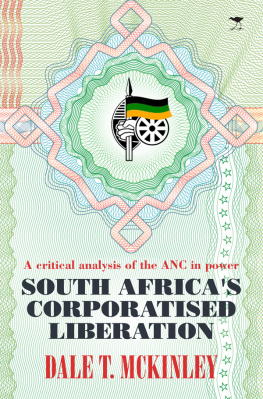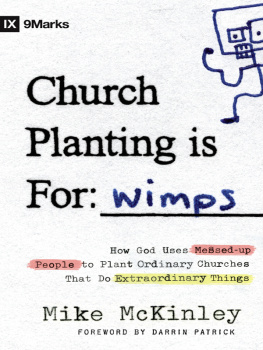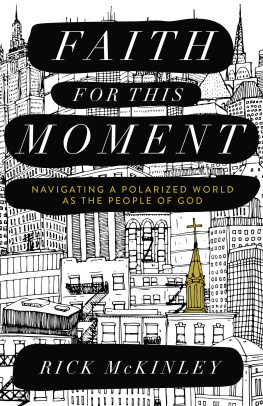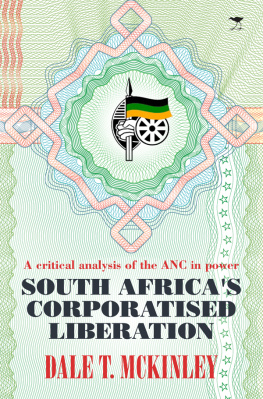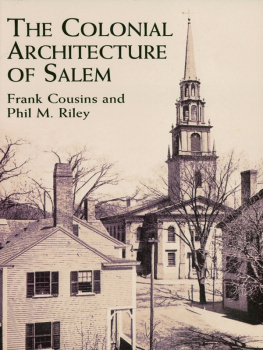DALE T. MCKINLEY
Dale T. McKinley, 2017
All rights reserved.
PREFACE
In many ways, I have lived this book.
By the time South Africa formally transitioned from its apartheid past to a new democratic era in 1994, I had been heavily immersed for years, both within and outside South Africa, in various forms of politically oriented intellectual endeavours and activism. At the centre of these activities was critically informed support for, and involvement in, the liberatory struggles of the African National Congress (ANC) and its alliance partner, the South African Communist Party (SACP). Soon after the ANC came to power, I began to work full-time for the SACP and, during the remainder of the 1990s, became an elected SACP leader at the branch, district and provincial levels in Johannesburg and my home province of Gauteng.
It was during these years that my earlier, critical intellectual work on the ANC became directly linked to my practical experiences and activism within the SACP and, by organisational and ideological association, with the ANC alliance (the third member of which was the Congress of South African Trade Unions (Cosatu)). In a nutshell, what was confirmed for me was that the liberation of South Africa, as pursued by the ANC alliance in power, was a great deal more about power itself, and its associated new class positions and money privileges, than it was about the people or the principles of that struggle. My vocal criticism of and activist opposition to this upside-down liberation culminated in my expulsion from the SACP in 2000.
Regardless, my resolve to continue to do my best to contribute to and struggle for the kind of liberation that remains centred on those principles and people (the majority of whom are the workers and the poor) was soon put into practice on a different terrain. For the last 17 years this has seen my active involvement in numerous political and socio-economic struggles of various social movements, community organisations and broader, progressive civil society organisations. In parallel, I have continued to engage critically as a public intellectual, writer and occasional university lecturer. No doubt, in doing so I have become an enemy of some but also, I hope, a comrade to many more.
This book reflects that personal, intellectual and political journey. I write it not simply as someone who has grappled in the realm of ideas, argument and analysis but as an active participant and democratically elected leader in organisations, movements and campaigns struggling for both practical improvements in peoples lives and for more systemic, radical change. As such, I have tried my best to write it in a more popular, accessible vein and with brevity. Too much contemporary academic and political writing emanating from the progressive side of the political spectrum in South Africa remains bounded by its intellectual, political-organisational and often monetised exclusivity. My approach does not make this book any less well researched, any less evidenced based, any less analytically rigorous. It simply means that I have tried to present that research, those facts and my own analysis in a way which I hope is more accessible, better understood by and speaks to a wider audience while recognising and accepting its limitations.
As an independent, researching and writing such a book presents a range of practical and financial challenges and I am hugely grateful to the following institutions and organisations for making it possible for me to meet those challenges. Thanks to the Academic and Non-Fiction Authors Association of South Africa (ANFASA) for the awarding of a support grant through the ANFASA Grant Scheme for Authors; may your important work continue for many years to come. Thanks also to the University of the Witwatersrand School of Law and the Centre for Applied Legal Studies (CALS) for the almost year-long appointment as a Visiting Senior Fellow; besides the warm collegiality shown to me, the ability to access the significant literary resources of the university was invaluable. A very comradely thanks to the Rosa Luxemburg Foundation (RLF) for providing a generous research grant, which allowed me to focus most of my time and energy on this book over many months and for also supporting the books publication; the RLFs past and ongoing support for and solidarity with, progressive activists, workers and intellectuals in South Africa is in the best traditions of radical internationalism. It must be noted, however, that the opinions expressed in this book do not necessarily represent those of the RLF. And finally, a warm thank you to Bridget, Sibongile, Nadia, Russell, Megan, Lara and the entire Jacana team for your engaged professionalism and warmth.
As is always the case, there are too many people for me to be able to acknowledge fully their personal and activist contributions to the journey that this book represents. To Ayesha and Anton, thank you so much for making your lovely home away from home available to me so that I could write this book. To all of my close friends and political comrades, a collective thank you for your consistent activism, valued engagement and support as well as unwillingness to bend with the prevailing ideological and political winds. To my parents and sisters, my deep gratitude for having taught me that love is at the centre of struggles for positive personal and systemic change. To my beautiful and loving partner Ferrial, very special thanks and heartfelt respect for your personal courage and principled activism; you have been and remain a source of deep inspiration and a shining beacon of light in sometimes dark seas. And, to all of those ordinary folk in South Africa whose daily struggles and resilience in the face of often overwhelming hardship and whose willingness to accept and work with others, continue to affirm an indomitable human spirit and to show the way towards what is possible.
INTRODUCTION
THE CORPORATISED JOURNEY
A politics of accession and incorporation
Almost at the same time that South Africa was formalising the transition from apartheid to democratic rule through the April 1994 elections, I finished writing my PhD dissertation on the ANC. A few years later, this was turned into a book, published in 1997 as The ANC and the Liberation Struggle: A Critical Political Biography . That book offered a critical analysis of the ANCs historical character and direction by looking at its strategy and tactics from its formation in 1912 until its accession to state power in 1994.
At the heart of the critique was an analysis of the dialectic (interaction) between the fluid objective (structural-material) conditions within which the ANC conducted its liberation struggle and the equally fluid subjective (human agency) choices of strategy and tactics pursued in that struggle. The key argument was that this dialectic, despite appearances to the contrary, had undermined the basis for any genuine realisation of the ANCs own stated goal of struggle national liberation for the transfer of power to the people. More simply, the ANC-led liberation struggle ignored fundamentally the very people in whose name that struggle was conducted; despite its coming to power through democratic elections, the ANC had already failed its mass constituency.

